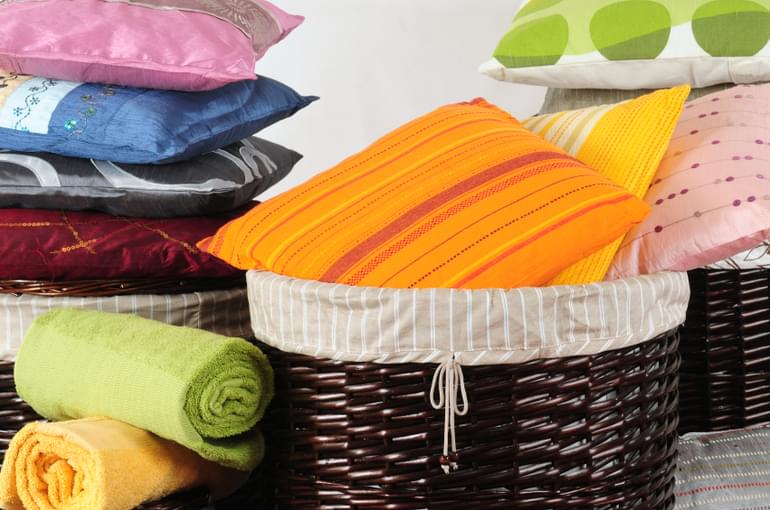Which goods are exempt?
By David Asker on
The Taking Control of Goods regulations 2014 state which items may or may not be taken into control during enforcement.

This applies to enforcement undertaken by a High Court Enforcement Officer (HCEO) or a certificated Enforcement Agent (EA).
What is exempt
Bedding, clothing, furniture and provisions that the debtor and their family need for a basic level of domestic life remain exempt from seizure, as do perishable goods such as refrigerated foodstuffs, fresh flowers etc.
Although it is rare, the EA may take luxury or items of value that are needed for basic domestic life and replace them with similar goods of a lower value.
The Taking Control of Goods regulations do now specify that any items reasonably required for the care of a person under 18, a disabled person or an older person (over 65) are exempt, as are assistance dogs, sheep dogs, guard dogs and domestic pets
The regulations also specify vehicles which are exempt:
- Vehicles with a valid disabled person’s badge
- Vehicles used for police, fire or ambulance purposes
- A vehicle with a valid British Medical Association badge or other health emergency badge because it is being used for health emergency purposes
Tools of the trade exemption
Tools of the trade are defined as those items needed by the debtor to do their job or run their business, for example tools, books, vehicles etc. They may only be claimed if they are used solely by the debtor for their work, so a commercial van that is also used by their apprentice or spouse is available to be taken into control.
Tools of the trade cannot be claimed by partnerships or limited companies.
Tools of the trade are only exempt to a value of £1,350. Goods to that value can be claimed by the debtor, anything above that may be taken into control by the EA.
What can be taken into control
The Enforcement Agent (EA) can take into control a wide range of goods within the debtor’s premises or on the highway, including but not limited to:
- Vehicles, boats and aeroplanes
- Stock and machinery
- Household furniture
- Jewellery and art
- Money, bank notes and promissory notes (cheques)
- Bonds, shares, securities and deeds
- Livestock and animals
- Firearms
- Jointly owned property (i.e. goods owned by a married couple)
- Items held by the police
- Goods on finance (providing sale is agreed by the finance company)
These will either be removed for sale or left at the debtor’s premises under a controlled goods agreement until the debt and costs are fully paid.

David Asker
David is an authorised High Court Enforcement Officer and our Director of Corporate Governance
